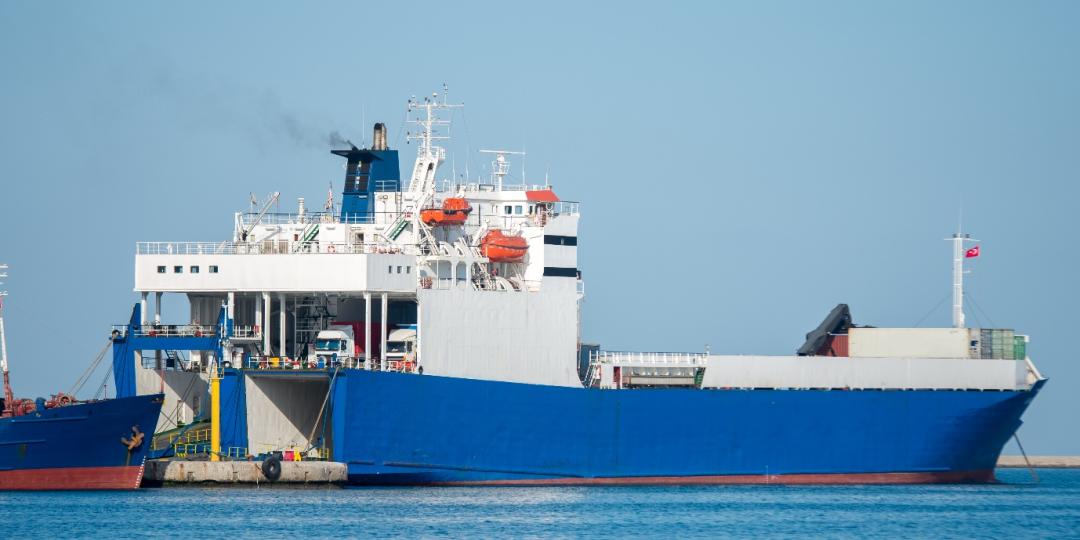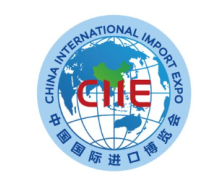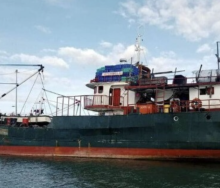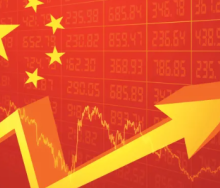RoRo vessels, which have huge potential to assist Southern Africa with its congested ports, weak road and rail infrastructure and environmental costs, may soon become a reality for the subcontinent’s supply chain industry.
This is the view of Argonaftis Shipping and Trading Ltd (MI) CEO, William Greig, who believes that the RoRo solution, which allows trailers and vehicles to be rolled on and off shipping vessels without cranes, could reduce congestion by cutting out the need for costly direct road freight services.
“RoRo vessels have proved to significantly make the movement of cargo on short-sea shipping (SSS) routes of less than 500 nautical miles in Europe and northern America and the Baltic Sea and Asia, far more efficient and cost-effective. This service has the potential to benefit the transport industry of Southern Africa, as it has in the European market for decades,” Greig said.
RoRo shipping holds a substantial share of the total cargo handled in the main ports of northern and southern Europe. It is used to satisfy the transport needs of the automotive, yellow equipment, forestry and electrical equipment industries, as well as all forms of wheeled transport, including dangerous and petroleum cargoes.
“The time has come to mobilise from Europe and commence this service,” said Greig. He added that Argonaftis would be implementing this service in the coming summer season with the roll-out of a project across various ports, including Cape Town, Durban, Port Elizabeth, Maputo (Mozambique) and Walvis Bay (Namibia).
He said that by using the RoRo system, shippers and road freight operators could significantly reduce the pressures on the road freight network, while transport companies would benefit from improved efficiencies and reduced costs.
“The cost-saving benefit for road freight operators will significantly improve their profitability – especially in the current global climate of cost pressures that affect margins,” Greig said.
He said the cost-saving benefits were just a part of the value proposition as this was a crucial consideration for transport operators.
“As an industry, we are keenly aware that the more efficient movement of goods has become a pivotal decision by environmentally conscious companies, with a more acute focus on environment, social and governance.
“From a sustainability perspective, short-sea shipping would contribute to the abatement of air pollution and reduced consumption of fossil fuel in the transport sector in the Southern African region because of RoRos’ low carbon footprin compared with road transport. The bottom line for transport companies is greatly enhanced: a ‘win-win’ situation for all.”
Sea transport offers significant environmental advantages, as it transports more than 80% of the global trade in volume, while emitting around 2.2% of total global greenhouse gas emissions, research has shown.













